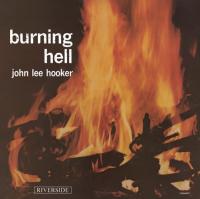Album Reviews
Sort By: Post DateTitle Publish Date
|
May 08, 2013
|
Feb 02, 2022
|
Jun 28, 2024
|
Feb 10, 2023
|
Apr 01, 2007
|
May 06, 2021
|
Aug 01, 2024
|
Jul 09, 2017
|
Mar 01, 2021
|
Mar 18, 2018














